The EIC Pathfinder Challenges funding programme is part of Horizon Europe and supports the discovery of innovative and groundbreaking scientific technologies that have the potential to shape our future. It supports early-stage development of future technologies (e.g. various activities at low TRL 1-3), up to proof of concept.
This year, EIC Pathfinder has launched five predefined thematic areas, so called Pathfinder Challenges. The deadline for submission of Challenge proposals is 16 October 2024, and up to €120 are allocated to this year’s calls.
The European Union is at the forefront of the green transition and aims at reaching climate neutrality by 2050. The EIC Pathfinder is already supporting projects in the areas of renewable energy conversion and storage, renewable fuels and chemicals, and low-carbon technologies for the transport and construction sectors. It has also contributed to the development of emerging technologies, aimed at strengthening digital sovereignty and setting EU standards.
Three of the Pathfinder Challenge topics this year are aimed at green technologies and two aim to strengthen EU’s technological leadership and competitiveness in key digital technologies. This is in line with the EU Digital Strategy aimed to a digital transformation for people and businesses, but also contributing to the climate-neutral target by 2050.
The Challenge topics for 2024 are:
- “Solar-to-X” devices for the decentralized prosumption of renewable fuels, chemicals and materials as climate change mitigation pathway
- Towards cement and concrete as a carbon sink
- Nature inspired alternatives for food packaging and films for agriculture
- Nanoelectronics for energy-efficient smart edge devices
- Strengthening the sustainability and resilience of EU space infrastructure
The calls will open in the EU Funding & Tenders Portal before summer. Until then the call texts can be found in the EIC Work programme (page 34). It is important to note that each topic text is accompanied by a specific Challenge guide, meaning that the rules for participation may be different for each challenge.
Below you find a brief presentation of the different challenges as well as useful links. For these calls, we at Research Services offer guidance and support to researchers at Lund University. We can help you in matching your proposal to the call, give feedback on draft texts, advice on administrative issues as well as budget template and advice on budget. Don’t hesitate to contact us with your questions!
The EIC Pathfinder Challenges support both international collaborative and individual initiatives from legal entities established in a Member State or an Associated Country. You find the eligibility criteria in the EIC Work programme. You may also contact us at Research Services about this.
Download the proposal template for the Pathfinder Challenges (PDF, page 33)
Challenge 1: “Solar-to-X” devices for the decentralized prosumption of renewable fuels, chemicals and materials as climate change mitigation pathway
This Challenge aims to fund innovative projects that develop devices that store sunlight directly on the long term in the form of fuels and chemicals to enable a decentralized energy, transport and production system.
Project proposals should address one (and only one) of the following three areas:
- Standalone solar-to-X device development
- Benchmarking and common metrics development for solar-to-X devices
- Understanding fundamental mechanisms by means of computational materials
Challenge 2: Towards cement and concrete as a carbon sink
The EU has a commitment to radically reduce emissions, and this Challenge aims to support breakthrough innovations and methodologies to decarbonise cement and concrete, and surpass current Carbon Capture Storage (CCS) technologies. The Challenge is looking for groundbreaking projects with an aim to develop game-changing and cost-effective innovations that can capture, store and utilise carbon dioxide. This challenge is supporting the development of breakthrough technologies in one or more of the following domains:
- Advanced technologies that change the paradigm of prevailing binder technologies with alternative low-carbon compounds based on alternative feedstocks (e/g magnesia-based, (ultra-) mafic rocks), and curing processes (e/g carbonation curing), and the combination thereof.
- Advanced technologies for a more efficient use of clinker in cement (reducing its clinker fraction), and of cement in concrete compositions (binder efficiency).
- Advanced technologies that lower or negate the need for burning fossil fuels to avoid the associated CO2 emissions.
- Enabling technologies in support of (1), (2) and (3) based on technologies for computational material science or data-driven science (including AI and ML).
Challenge 3: Nature inspired alternatives for food packaging and films for agriculture
This challenge aims to promote the development and production of environmentally friendly and sustainable alternatives to food packaging and agricultural products. Proposals must seek to deliver nature-inspired sustainable alternatives to fossil carbon derived plastics and associated production processes. The aim is to develop new materials that are recyclable, reusable, biodegradable and have a reduced environmental impact in the design and manufacturing process. They should be able to replace plastic materials while maintaining their positive functional properties.
Proposals must look to address one or more of the current uses of plastics in the food system (e.g. agricultural mulch, food packaging), and utilise bio-based sources and raw materials such as:
- polymers extracted from nature (e.g. cellulose, chitin, lignin, keratin)
- natural polymers (e.g. microbial, fungal and plant materials), or
- synthetic polymers from biobased materials.
Challenge 4: Nanoelectronics for energy-efficient smart edge devices
One of the biggest challenges in electronics is energy consumption and heat dissipation. Recent developments in chip technology make it possible to reduce energy consumption in electronic devices and systems while improving performance. However, there is much room for improvement and this call aims to investigate new materials to greatly reduce energy consumption and meet application-specific needs of smart edge devices.
Challenge 5: Strengthening the sustainability and resilience of EU space infrastructure
The aim of this call is to address the challenges faced by the European space industry due to the uncontrolled presence of space debris. The amount of space debris has escalated significantly and was estimated in December 2023 at 11 500 tons. This is a collision threat not only to space infrastructure but also to air and maritime traffic. This Pathfinder Challenge aims to develop environmentally friendly, compact and affordable solutions for orbits and methods for recycling space debris in space.
The projects are expected to develop break-through concepts in one or more of the following areas:
- Game-changing technologies for controlled space debris mitigation (to reduce their generation) and active debris removal (by managing existing space debris, de-orbiting, relocation, etc.) including ones that prevent spacecraft system damage.
- In-space Recycling & Re-use of orbital assets- with a focus on recycling and re-using dysfunctional orbital assets. The overall aim is recycling, partial and/or complete re-use of assets in-space.
- Game- changing innovations and innovative space applications for protecting EU space infrastructure that focus on concepts that enable detection, identification and avoidance of natural and human-made hazards in space.

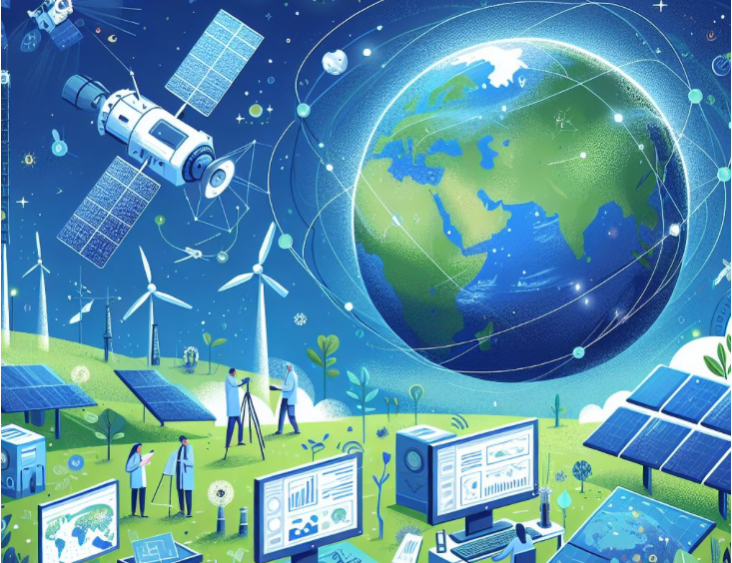
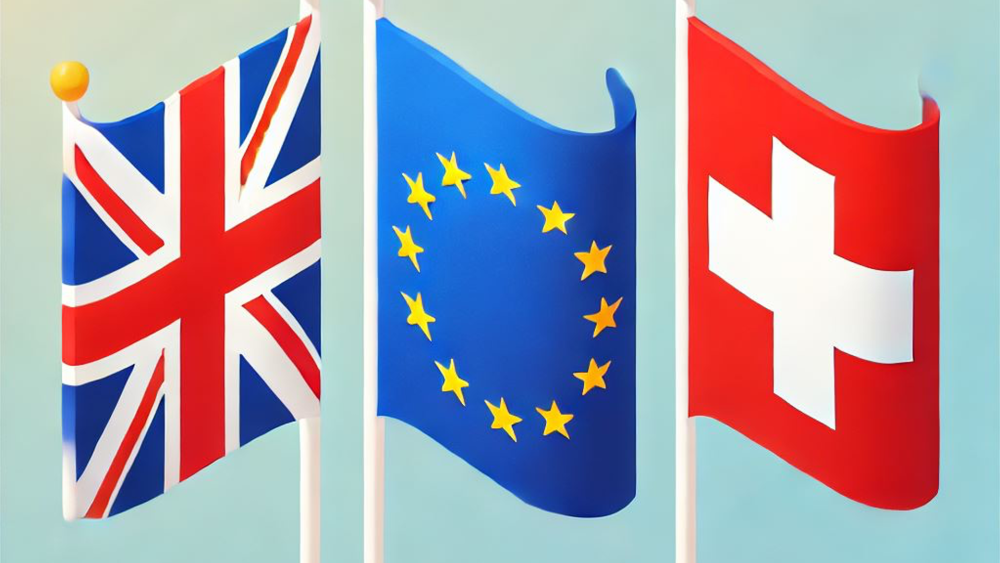
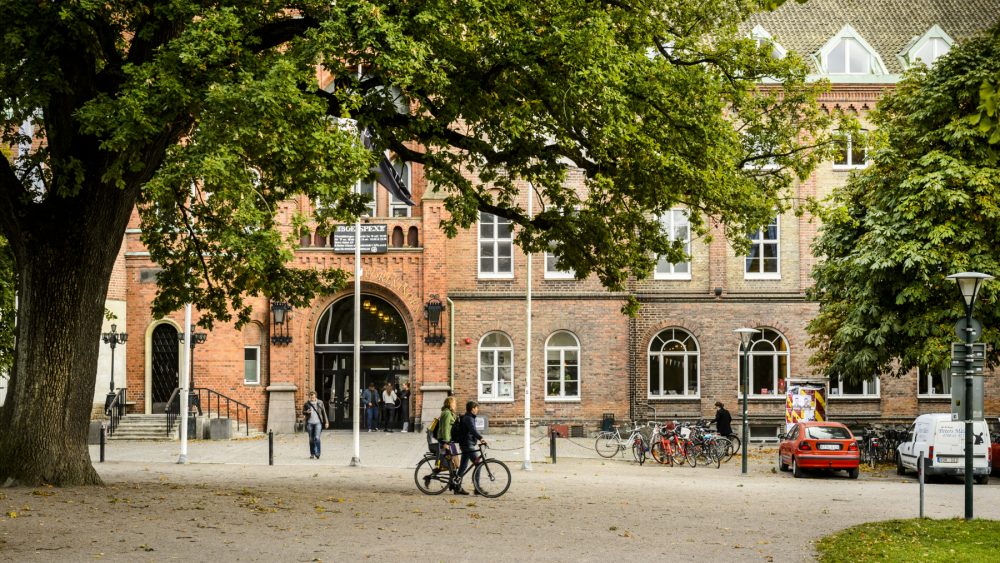
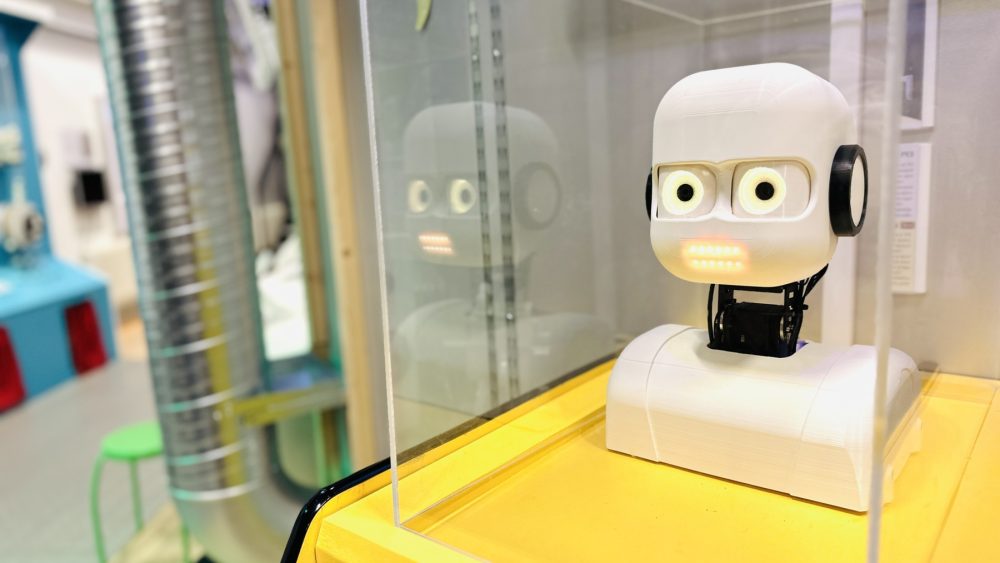
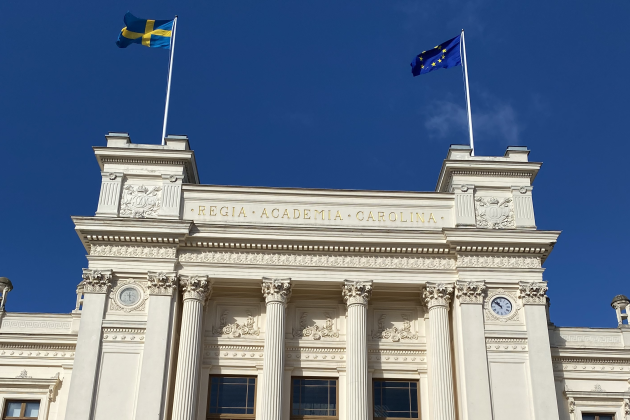

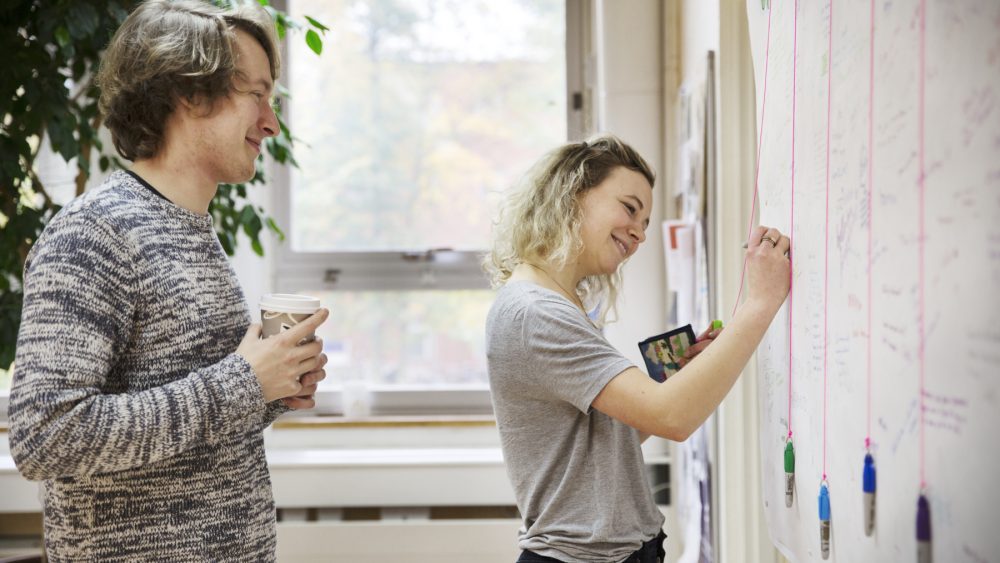

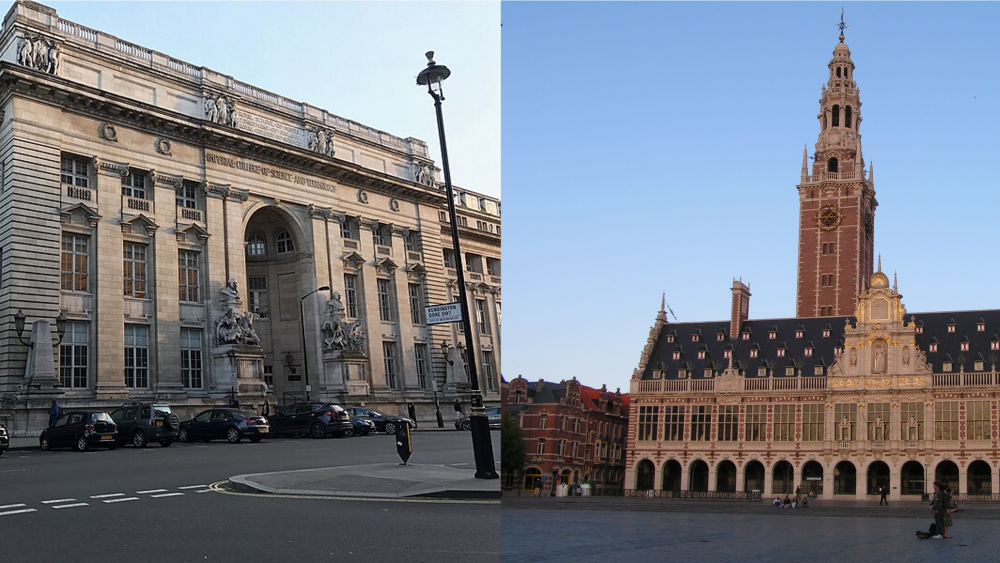


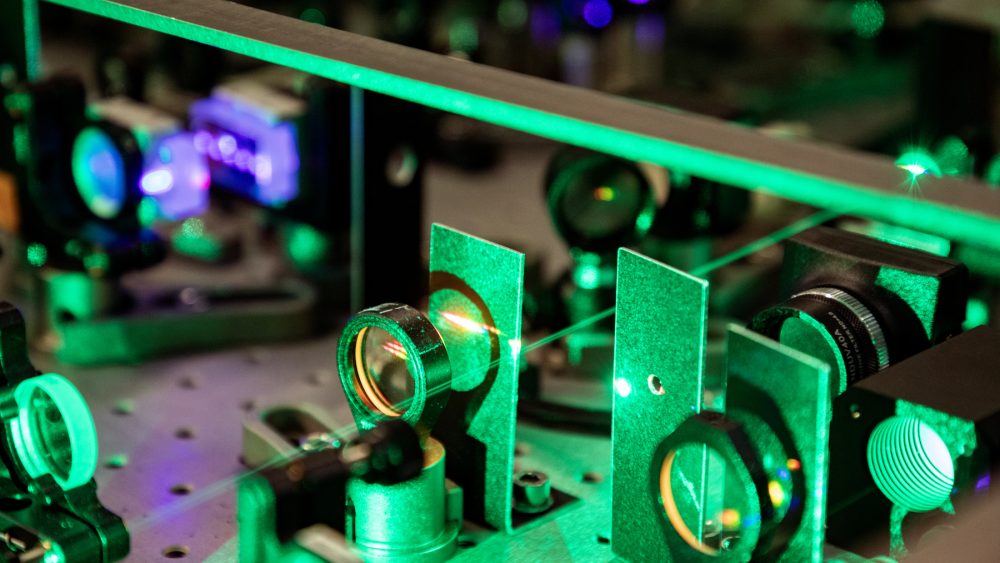
Kommentarer